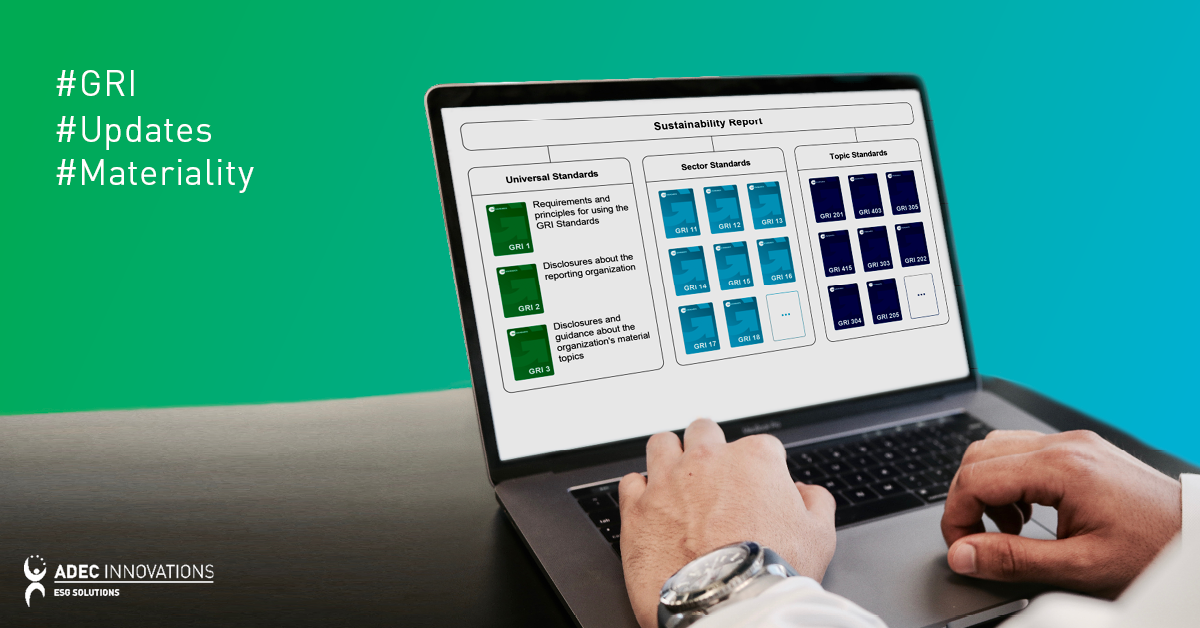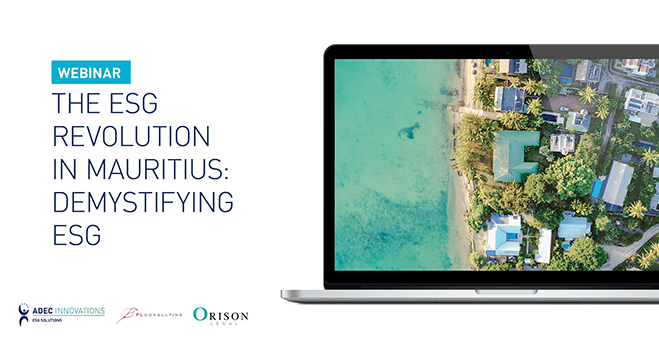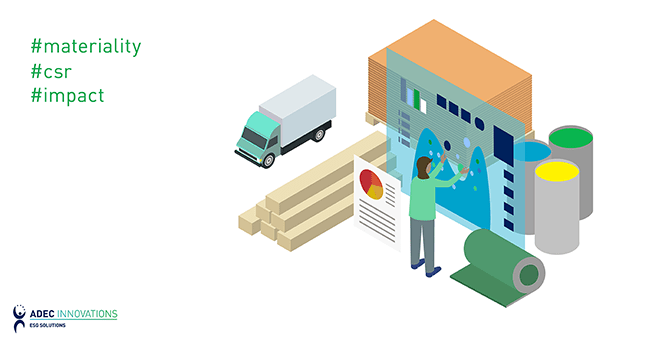Reflected in our contemporary way of life are the dire consequences of unabated progress and consumerism. These impacts include climate change, biodiversity loss, corruption, inequalities in opportunities, and mass hunger, to name a few. Understanding our world requires an assessment of the cause and gravity of these impacts.
We define impact here as changes that have environmental, political, economic or social significance. They may be positive or negative effects on the environment, communities, health and well-being. Managing the impact generated by progress and directing it to produce positive consequences rather than negative is a key principle behind sustainable development.
Sustainable Development
In September 2015, the UN General Assembly signed a resolution for a transformative post-2015 development, an agenda that will stimulate action over the next 15 years to turn the world towards a sustainable path. The agenda known as the Sustainable Development Goals (SDGs), or Transforming our World: the 2030 Agenda for Sustainable Development, is an intergovernmental set of 17 goals to end poverty, protect the planet and ensure prosperity for all. It covers a broad range of sustainable development issues that include ending poverty and hunger, improving health and education, and making cities more sustainable. An indicator of the agenda’s success is the widespread adoption of its goals to foster positive impact by governments and societies. Countries are expected to establish national frameworks in support of these 17 goals and their 169 targets.
Impact Assessment
As governments take on the UN agenda, impact assessment will serve as a tool to guide and gauge projects, programs and proposed actions. Methods to identify, evaluate, predict and mitigate impact will be essential in ensuring that decision-making is aligned with the SDGs.
An impact assessment (IA) is a process that ensures that projects, programs and policies are economically viable, socially equitable and environmentally sustainable by providing valuable information for decision-making and analyzing consequences of the proposed actions.
The oldest and most established IA is the Environmental Impact Assessment (EIA), a meticulous process determining, evaluating and considering the likely environmental impact of a project or development. The process involves screening, scoping, examination of alternatives, impact analysis, mitigation, evaluation of significance, preparation of the environmental impact report, review of the report, decision-making and follow-up. It was first required by law in 1970, under the US National Environmental Policy Act (NEPA). In 1992, the United Nations Conference on Environment and Development recognized the EIA as an indispensable instrument in environmental protection. It is currently required in most countries of the world.
Other forms of IAs focus on specific types of impact. Health Impact Assessments (HIA), Social Impact Assessments (SIA), Biodiversity Impact Assessments and Sustainability Assessments are some of the most recognized. A Strategic Environment Assessment (SEA) is a form of EIA that has a wider range of activities, a wider scope and a longer timespan. The aim of an SEA is synonymous with one of the aims of the SDGs – the integration of principles of sustainable development into country policies and programs.
Benefits of Impact Assessment
As a critical examination of sustainable development actions, IAs lead to more informed decision–making through:
- Design and implementation of better policies, plans, programs and projects to address sustainability issues;
- Stronger emphasis on the positive effects of sustainable development;
- Providing options for early and smart integration of sustainability (environmental, social and economic) issues;
- Development of proposals for enhancing opportunities, avoiding risks and mitigating detrimental effects.
Backed by practice since the 1970s, IAs and EIAs are already well-developed decision-making tools for identifying and evaluating proposed development actions. As such, they have roles to play in making sustainable development part of national frameworks and advancing the sustainable development agenda around the world.
ADEC ESG is a leading provider of ESG solutions, including fully-integrated industry expertise, software solutions, and data management. We help governments and organizations improve performance by recognizing challenges and providing effective solutions. For more information on sustainability practices that promote the sustainable development agenda, read more from our blog.




